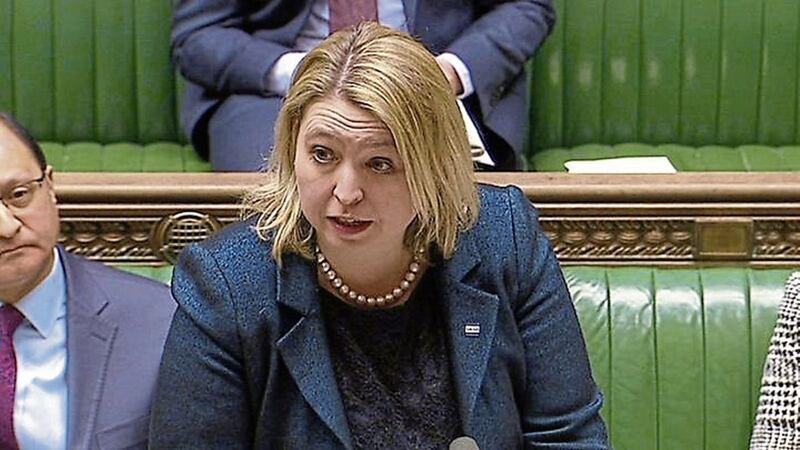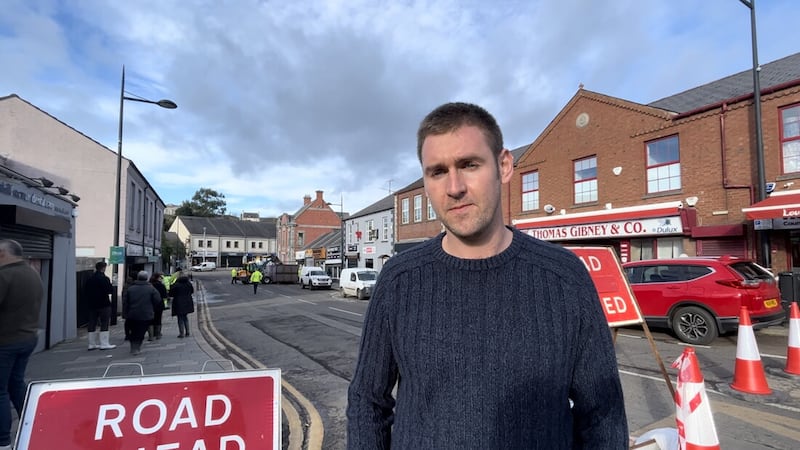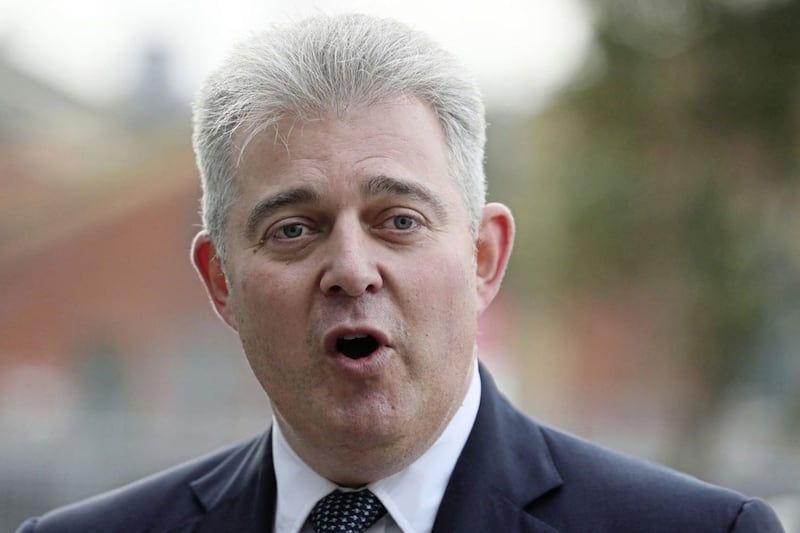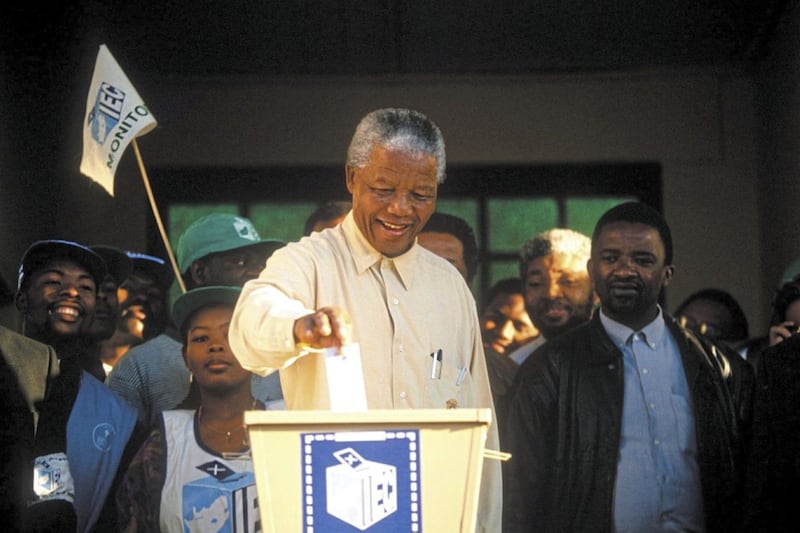The Northern Ireland Office's proposals for dealing with the legacy of the Troubles have finally been published, marking the beginning of a four-month consultation.
The measures, which include plans for four new legacy institutions, were agreed in the autumn of 2014 as part of the Stormont House agreement.
Notably, the proposals published yesterday do not include a provision for a controversial statute of limitations for members of the British armed forces, which is understood to have been given serious consideration by the British government over recent months.
The consultation will run until September 10 after which it is hoped the necessary legislation at can be introduced at Westminster.
The British government has earmarked £150 million over five years to fund the new legacy mechanisms.
Victims campaigners are optimistic that the NIO's sudden movement on legacy will signal the release of unrelated funds for more than 50 outstanding inquests dating from the Troubles.
Secretary of State Karen Bradley said the consultation was an opportunity to begin a process that had the potential to provide better outcomes for victims, survivors and their families.
She said there was broad agreement that the current "complex system" did not work well for anybody.
"Any way forward will only work if it can command confidence from across the community –now is the time for everyone with an interest in addressing the legacy of Northern Ireland’s troubled past to have their say," she said.
Tánaiste Simon Coveney welcomed the paper, saying everyone agreed that the current system was "not fit for purpose".
"The full implementation of the Stormont House Agreement will help to provide families with a way to access whatever truth and justice is possible in their case," he said.
Sinn Féin leader Mary Lou McDonald welcomed the consultation document but claimed the British government had "delayed and frustrated progress" on legacy 2014.
"The delay in publicising this document and the continued refusal, despite recent court rulings, to release funding for inquests is typical of the current British government’s approach to dealing with the past," she said.
“The denial of rights and the stalling, delaying, and refusing to implement agreements, until the point of crisis, is the reason that the institutions in the north have not been re-established."
The Dublin Central TD said the British government was "more fixated with their deal with the DUP than progress in the north".
DUP leader Arlene Foster welcomed the legacy consultation paper and she encouraged victims groups to engage in the process.
"Previously the NIO had discussed having a consultation in parallel with establishment of the structures from the Stormont House Agreement – that would have merely been a tick-box exercise without any meaningful input from victims," she said.
She said it was important to make swift progress on dealing with the past.
SDLP justice spokeswoman Dolores Kelly said the consultation was "long overdue".
“The SDLP has already made it clear formally to the British and Irish governments that we have concerns regarding the content of the consultation," she said.
"The SDLP will however submit a comprehensive response to the consultation with the view to reaching the best way forward for dealing with the past."
Her party leader Colum Eastwood urged the British government to release the money for legacy inquests.
Ulster Unionist leader Robin Swann again voiced concerns about the role of the Historical Investigations Unit (HIU).
"It (the HIU) will be a parallel police force under the direction of an independent director, with the same powers as the PSNI in terms of arrest and investigation, but we believe it will target its activities against former soldiers and police officers," he said.
Former justice minister David Ford victims and survivors were "too important to have their issues kicked about and turned into point-scoring exercises".
The former Alliance leader voiced relief that there was no mention of a proposed statute of limitations for soldiers accused of unlawful killings.
"Such a move would not only have been contrary to the rule of law and human rights obligations, but undermined the contribution of the vast majority of those who served in Northern Ireland honourably," he said.
Commissioner for Victims and Survivors Judith Thompson said the legacy process needed to meet the needs of victims and survivors, and be designed in collaboration with them.
"It needs to promote reconciliation and recovery for individuals and our society and be consistent to the rule of law," she said.
Amnesty International's Grainne Teggart said the proposals fell short of a "human rights compliant approach to dealing with the past".
Mark Thompson of Relatives for Justice said vigilance would be required as the legilsation made its passage through Westminster and also in the recruitment of a HIU director and staff.
**The four legacy institutions:
? Historical Investigations Unit (HIU) – will take forward outstanding investigations into Troubles-related deaths. The NIO says rthe HIU will have significant improvements over the current police process, and will be tasked to finish its work in five years.
? Independent Commission on Information Retrieval (ICIR) – modelled on the body that helped locate the remains of the so-called Disappeared, ICIR will seek information in those cases where families ask for it.
? Independent Oral History Archive (OHA) – this will enable people from different backgrounds to share experiences and narratives related to the Troubles, producing a factual historical timeline and statistical analysis of the conflict.
? Implementation and Reconciliation Group (IRG) – will promote reconciliation and anti-sectarianism, while reviewing and assessing the implementation of the other legacy institutions.








